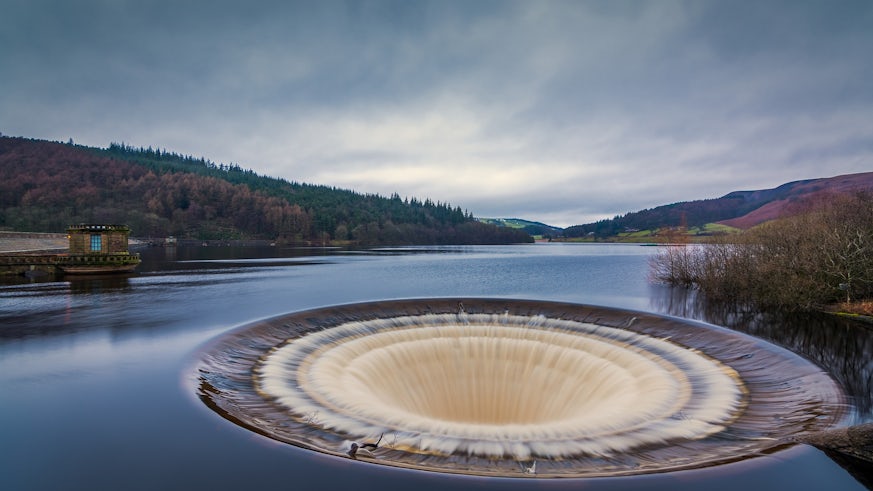Reservoir water community monitoring project awarded Ofwat Innovation Funding
4 May 2021

Dr. Rupert Perkins and Professor Peter Kille win the Ofwat Innovation in Water Challenge to monitor reservoir water communities using environmental DNA.
The Innovation in Water Challenge launched this year by Ofwat aims to help the England and Wales water sector to grow its capacity to innovate. The fund will support eleven winning projects, all highly collaborative, to meet the evolving needs of customers, society and the environment.
Monitoring and management of Taste and Odour (T&Os) risk in drinking water reservoirs require accurate, timely data on the community of algae and cyanobacteria. Analysing the presence and changes in the quantity of T&O metabolites (geosmin and MIB) is also expensive and time-consuming, and has to be done by skilled operators in water service labs. In this context, getting the required data to water companies to optimise treatment and implement preventative interventions can be delayed.
Dr. Rupert Perkins from the School of Earth and Environmental Sciences, and Prof. Peter Kille from the School of Biosciences will be using environmental DNA (eDNA) monitoring methodologies to detect algae in drinking water more rapidly. eDNA provides rapid and accurate species identification of the whole community including bacteria, cyanobacteria, and microalgae from a single water sample. It helps to efficiently interpret biodiversity data and to quantify the prevalence of key genes in the T&O biosynthetic pathway.

'At Cardiff University we have been working closely with the UK water Industry for some time looking at triggers for taste and odour events, and this project is an exciting step forward in delivering solutions to reduce the impact of taste and odour problems on customers.'
The project will provide direct benefits to the water industry by offering them a rapid, accurate and cheaper tool to better implement treatment solutions. The speed of delivery of sample processing and results will be improved through the development of a user-friendly data visualisation portal. Through knowledge and technology transfer, the project will also help water companies decide upon taking the process in-house or establishing the system as an outsourced service.
Over the course of the project, Dr. Rupert Perkins and Prof. Peter Kille will be working closely with partners from the water industry, including Dŵr Cymru Welsh Water, co-lead of the project, Bristol Water plc, United Utilities, and Yorkshire Water Services Ltd.
Dr. Rupert Perkins says: ‘The project will generate the information we need to monitor, predict and find preventative solutions for taste and odour events. Most importantly the project focus is to develop the methodology to hand it over for water companies to use in-house, so speeding up the process of getting the data needed to evidence base the solutions.’
Find out more about our partnerships and please contact David Crole if you would like to collaborate with researchers from the Water Research Institute.
Share this story
For more information, visit the Water Research Institute website.
